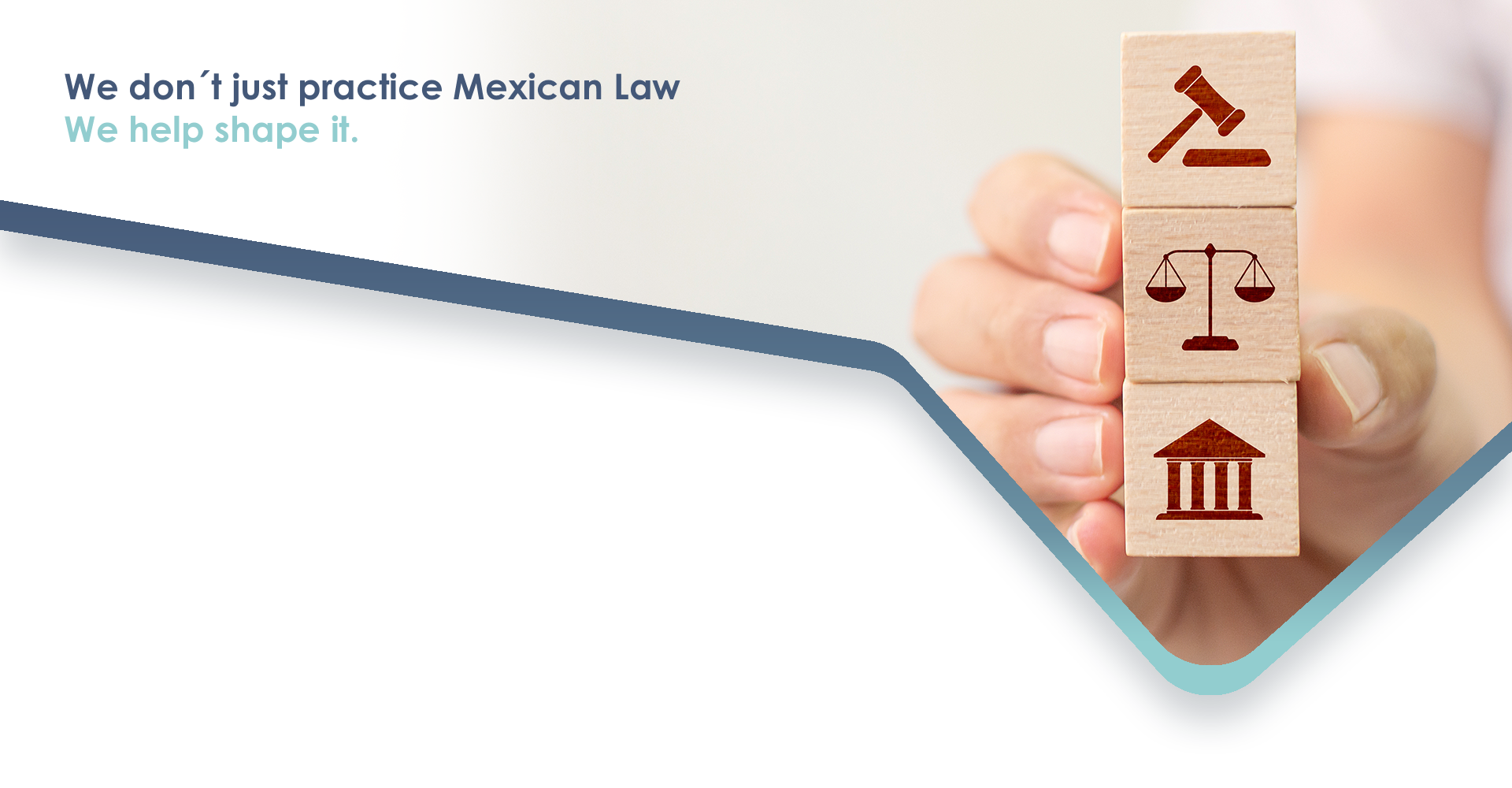
Language:
New implications of the proposal of amendment to the industrial property law in the compensation of damages.
May 20, 2020
As OLIVARES has previously reported, a new Industrial Property Law is in discussion. According to the draft of said amendment, the new law contemplates the possibility of submitting a civil action before the Civil Courts against an infringer of any IP right, without the requirement to commence infringement proceedings before the Administrative Authority.
As you may be aware, the current system allows the commencement of a civil action derived from a violation of any IP right, so that the claimant can request the payment of damages. However, before this can be done, it is necessary for the Mexican Patent and Trademark Office (“IMPI”) to have declared the infringement of an IP right, and the declaration must be firm and beyond shadow of appeal. This system was the result of the judicial precedent 13/2004 issued by the Supreme Court of Justice, in which said Court established that is a requirement that an infringement is declared in order to be able to commence any civil action for damages. This is because, according to the Mexican Legal System, the only authority with the ability to solve disputes in relation to IP rights is the IMPI, and the Civil Courts only evaluate whether damages were suffered as a result of the infringement.
In addition, the Supreme Court of Justice issued a related judicial precedent 3/2015 in which they declared the requirement to prove a relationship between the damages caused and the infringement conduct “causal nexus”. Therefore, in order to receive damages, the titleholders must submit an administrative action before IMPI that must be firm and beyond shadow of appeal, civil action to claim damages, and also prove the relationship between the infringement declared and the damages suffered.
The amendment to the IP Law aims to improve this situation by adding the option to file a civil action without the requirement of the declaration of infringement. This means that it would no longer be a requirement to have a decision from IMPI before submitting any civil action against an infringer for the payment of damages. The amendment gives the Civil Courts the authority to solve disputes in accordance with the IP Law.
If approved, the new IP law would allow titleholders to reduce the time spent in litigation, thereby obtaining the economical compensation much quicker. However, it is important to be reminded that this is only a proposal in the draft of the new law, and therefore, is not in force yet. Despite the proposal being a step in the right direction, it is not complete and still has some areas of opportunity to provide a more efficient enforcement system, especially in the area of civil awards.
In any case, an infringement action before the IMPI is still an option. The amendment adds the possibility to request the determination of the damages from IMPI in a special incidental proceeding, once the infringement is declared. This determination by IMPI can then be executed before the Civil Courts. However, this option is not very efficient because obtaining the final award of damages would take a similar amount of time as the current process does, and also because if the validity of the IP right is challenged (the patent or the trademark), the civil procedure will be suspended.
If this amendment is approved, the Civil Courts and the IMPI will need to develop a very close relationship in order to make the system efficient. The Civil Courts must become familiar with IP matters, and some changes to the amendment are needed in order to make this system efficient. However, it is positive that the authorities are finally considering the possibility to claim damages derived from IP matters directly before Civil Courts.
The Olivares litigation team is constantly monitoring this project, participating with the Associations as consultants and trying to develop new strategies in order to provide a bigger scope of protection to all our clients.
Newsletters - IP Litigation, Alternative Dispute Resolution
- Inédita nulidad de la licitación bianual para adquisición de medicamentos. April 25, 2025
- Reforma a la Ley de Amparo en México. October 21, 2025
- Intervenciones de oficio de la Secretaría Anticorrupción y Buen Gobierno en licitaciones públicas en México. March 24, 2025
- Discussion in Mexico about the deadline to file non-use cancellation actions against anticipations cited in the trademark registration process. January 29, 2024
- Declaration of Unconstitutionality of the Law for Transparency, Prevention, and Combating of Improper Practices in Advertising Contracting. July 13, 2023
- Mexican Supreme Court of Justice rejects Contradition of Criteria in connection with the Article regulating invalidity actions against trademark registrations. August 8, 2022
- The Supreme Court of Mexico recently issued criteria regarding the quantification of damages derived from copyright infringements. June 6, 2022
- Proyecto de Reforma a la Ley Federal de Protección a la Propiedad Industrial. October 6, 2025


